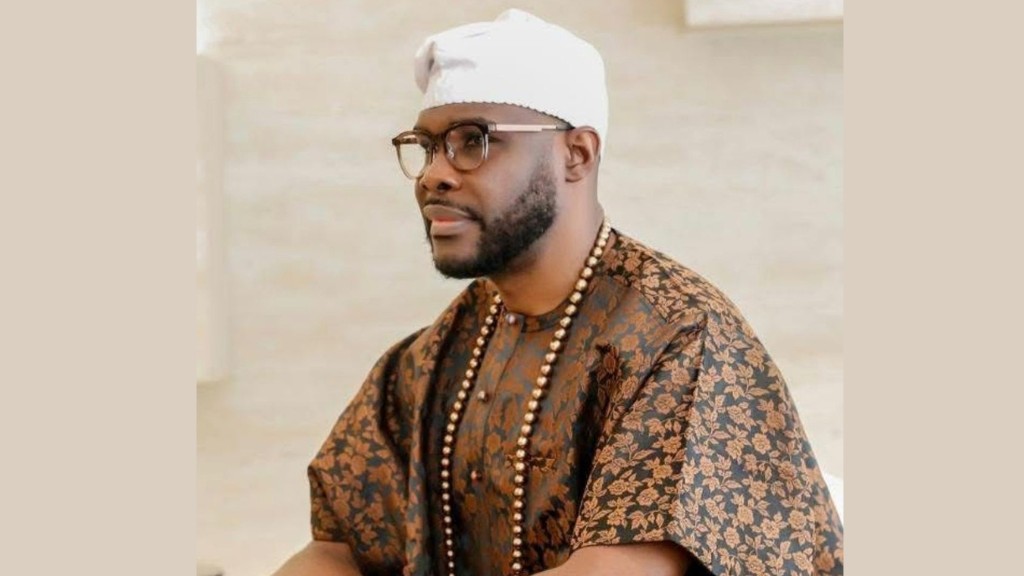
The DPO, Ikeja Police Division, CSP Akinwunmi Oke, has underscored the pivotal role of evidence in securing convictions in cases of sexual assault and rape stressing its crucial role in the pursuit of justice.
Oke made the assertion during the maiden empowerment programme organised by a student-led initiative aimed at empowering the female child on Friday in Lagos.
The programme, organised by the Student Physiological Association of Nigeria, Lagos State University College of Medicine Chapter (LASUCOM), had as theme ” Breaking Barriers : Addressing Sexual Harassment and Supporting Girls Through ‘Pad a Girl’ Approach”.
The DPO advised that victims of sexual harassment, assault and rape must refrain from bathing or cleaning themselves before reporting the incident to the police, as this could inadvertently compromise crucial evidence.
According to him, medical evidence is paramount in these cases, and victims should seeLASUCOMk immediate medical attention to ensure that vital evidence is preserved.
He said that the Administration of Criminal Justice Law of Lagos State 2015 empowered law enforcement agents to tackle sexual harassment, assault and rape with renewed vigour.
According to Oke, the punishments for sexual harassment and assault range from three years to seven years as well as for attempted rape while penalty for rape was life imprisonment.
The DPO emphasised that evidence was the cornerstone of any successful prosecution and that its preservation was critical in securing convictions.
Oke said that the police authorities had established specialised departments to handle cases of sexual harassment and assault, including the Family Support Unit.
He added that the unit was staffed with trained personnel who were equipped to handle sensitive cases with professionalism and empathy.
The DPO explained that verbal harassment, including unwelcome comments or jokes, could also constitute sexual harassment and advised victims not to hesitate to report such incidents to the police.
“Law enforcement agents are trained to handle these cases with sensitivity and professionalism, so victims should not be afraid to report incidents, as they will be treated with dignity and respect, “Oke said.
Speaking on the initiative, Abdulrafiu Adebosin, the President, Student Physiological Association of Nigeria, LASUCOM Chapter, said it was designed to educate female students on how to navigate trauma, reach out to agencies for help and seek justice.
Adebosin noted that the initiative was necessary because many students, especially females, needed knowledge on how to navigate trauma and seek help.
He said that the association had incorporated menstrual health into the initiative to educate female students on proper menstrual hygiene and disposal of pads.
Adebosin added that the association would support female students with pads and other necessary materials.
He explained that the initiative was not limited to female students, but also included male students, as they could also be victims of sexual harassment.
Adebosin said that the association had plans to focus on the male child in future editions of the initiative.
He advised victims of rape and sexual harassment to speak out and seek help from organisations and agencies, both within and outside the school.
” Victims should reach out to the police, teachers, parents, and organisations that deal with gender-based violence for support and guidance.
Also, Miss Oshileye Adetele, representative of Gender-Based Violence Desk at Lagos State University College of Medicine (LASUCOM), said that any touch that was uncomfortable to an individual was considered an harassment
Similarly, Adetele said that harassment was not limited to physical contact, but could also include verbal, such as unwelcome comments or jokes.
She emphasised that consent was crucial in any interaction, and that no meant no.
Citing instances, Adetele said that even if an individual consents to a particular action, they had the right to withdraw their consent at any time.
Adetele said that the culture of silence surrounding sexual harassment and assault must be broken, stressing that individuals must speak up when they witness or experience harassment.
She also warned against victim-blaming, stating that what an individual wears or how they present themselves was not an invitation for harassment.
“We urge individuals to report any incidents of harassment or assault to the authorities.
“We will definitely support those who have been affected, “Adetele said.






